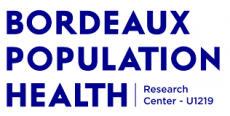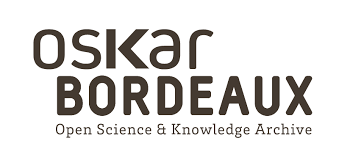Assessment of a next generation sequencing gene panel strategy in 133 patients with negative thrombophilia screening
Résumé
Although heritability of venous thromboembolism (VTE) is high, the thrombophilia screening appears to be positive only in a minority of VTE patients. Adding rare variants screening to identify VTE missing heritability still requires further assessment. We report the results of a panel strategy after 3 years of application. We performed the sequencing of 28 genes related to coagulation cascade and/or VTE using high-throughput sequencing in133 unrelated patients with a personal history of VTE and negative thrombophilia screening. Only variants with minor allele frequency <0.1% were classified according to the American College of Medical Genetics recommendations. We recorded class 3, 4, and 5 variants. We identified class 3, 4, or 5 variants in 46 patients resulting in an identification rate of 35%. Out of the 45 recorded variants, 35 were considered as class 3 (78%), 9 were class 4 (20%), and 1 was class 5 (2%). Four genes accounted for nearly two-thirds (27/45) of the identified variants: SERPINC1, PROS1, F2, and F5. We observed a high rate of recurrent variants in the SERPINC1 and PROS1 genes, including the Cambridge II (SERPINC1 p.A416S), Dublin (SERPINC1 p.V30E), and Heerlen (PROS1 p.S501P) variants. The elevated frequency of these variants in a symptomatic population, compared to their frequency in the general population, provides strong support for their association with VTE risk. We identified 4 (likely) pathogenic variants in F2: p.R596Q (F2 Belgrade), p.R541W, p.P386T, and p.R425L. The high proportion of class 3 variants emphasizes the need for functional studies to better characterize and classify them.
| Origine | Fichiers produits par l'(les) auteur(s) |
|---|



